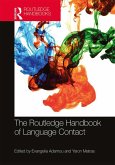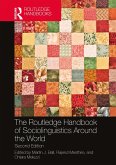The book analyzes American literature about middle or upper class characters who voluntarily descend the class ranks to experience vital contact by living or associating, temporarily, with the poor. The motivations of these characters--and historical figures such as John Reed and Walter Wyckoff--range from straightforward bohemian slumming among the exotics to more complex and psychologically wrought investigations of cross-class empathy. The study begins by charting downclasing processes in works of canonical nineteenth-century authors, including Melville, Hawthorne, James, Howells and Jewett. It then undertakes an original analysis of John Reed's involvement with the 1913 Paterson silk workers' strike as a context for understanding Ernest Poole's (now forgotten, but then best-selling) fictionalization of the strike in his novel, The Harbor . In other richly historicized chapters, it analyzes distillations of class radicalism in several works by Upton Sinclair, in the early drama of Eugene O'Neill, and in feminist novels of the 1910s by Elia Peattie and Clara Laughlin. The concluding chapter looks at sophisticated treatments of vital contact in fiction of the 1930s by Dos Passos, Steinbeck and Richard Wright. The book provides Americanists with important new ways of thinking about various forms of class identification as they developed in the nineteenth and early twentieth centuries.
Dieser Download kann aus rechtlichen Gründen nur mit Rechnungsadresse in A, B, BG, CY, CZ, D, DK, EW, E, FIN, F, GR, HR, H, IRL, I, LT, L, LR, M, NL, PL, P, R, S, SLO, SK ausgeliefert werden.









